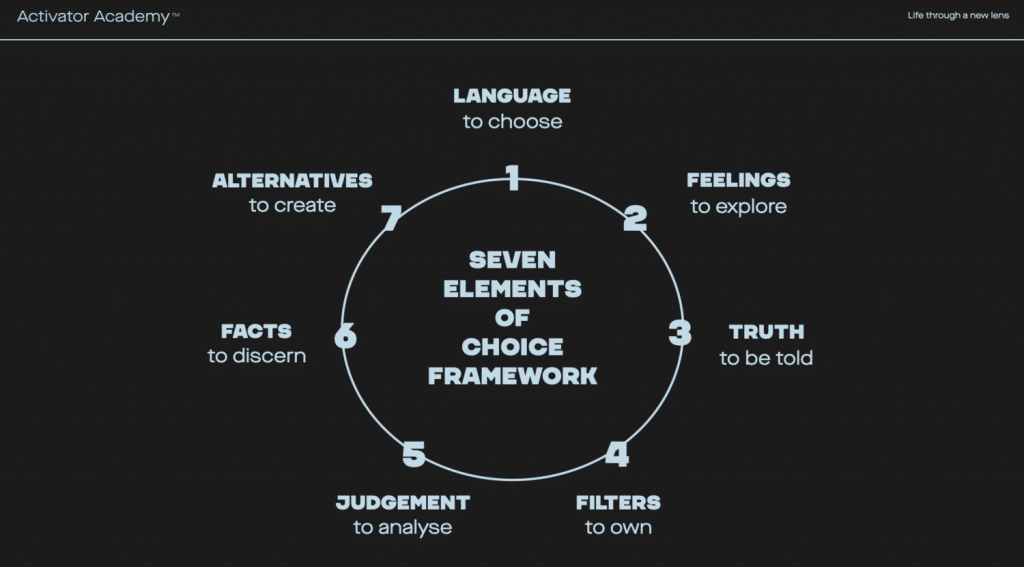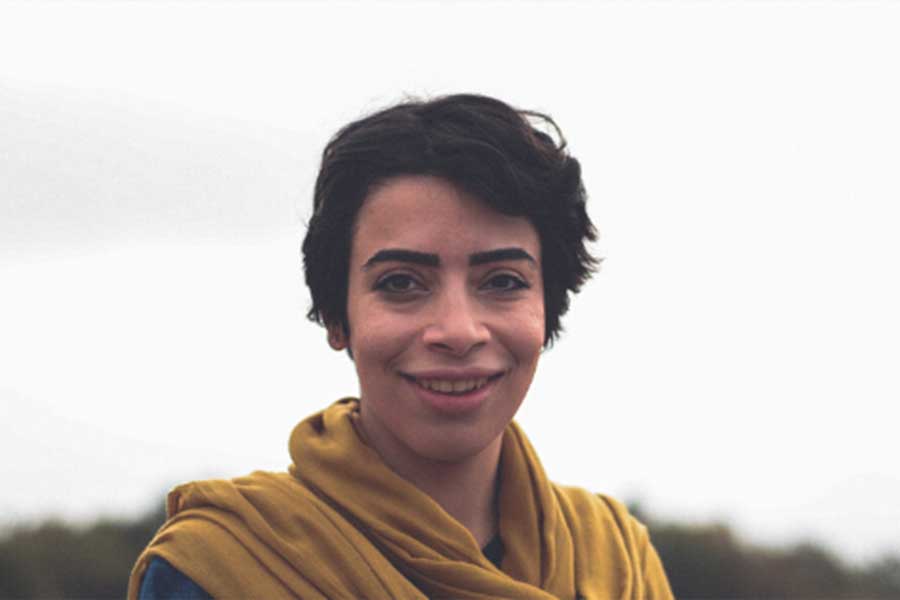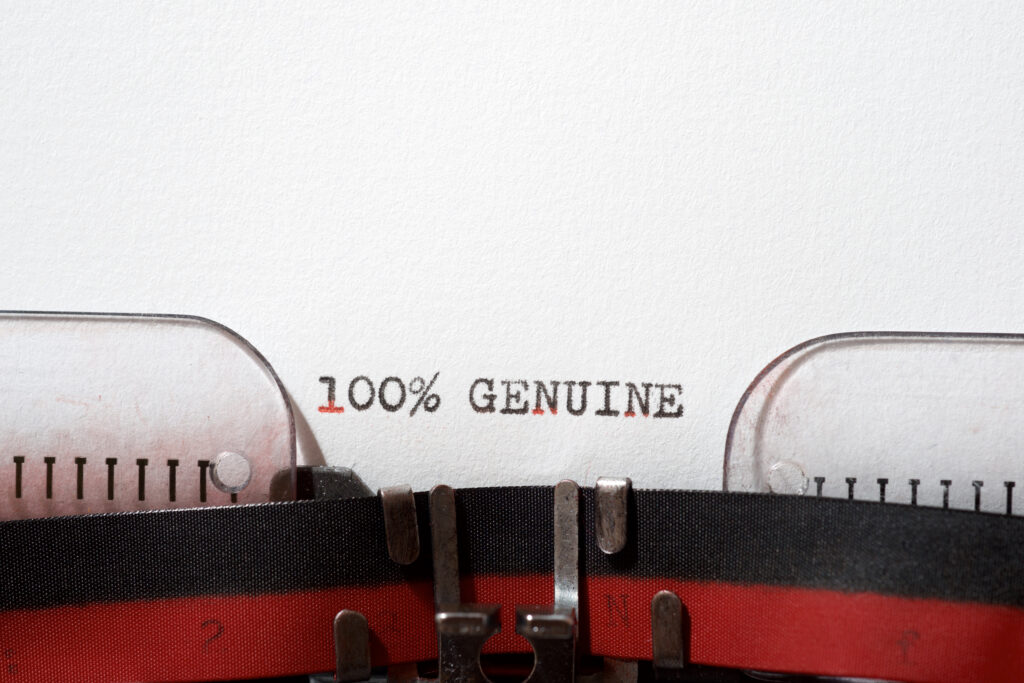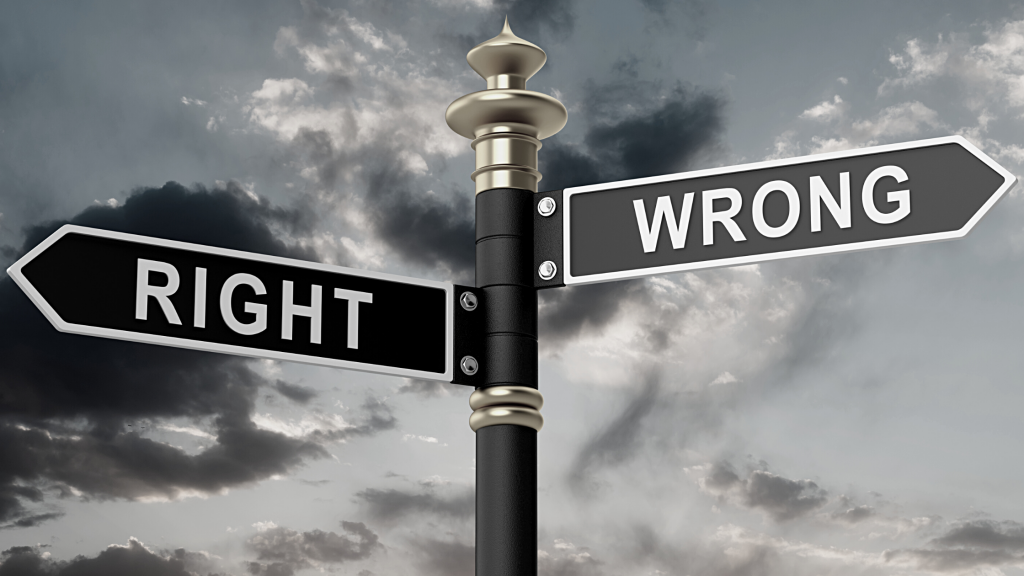The truth is, you get to choose. But that’s not how it feels.
Origin stories hold the key (stories about the way the world came to be; why and how they are told). The narrative of our ancestors creates a sense of comfort, community and belonging.
Most of us grew up absorbing our parents’ narrative, who were sharing their parents’ narrative. Generations of unconscious values and beliefs, handed down as the ‘truth’. Every generation has its own version of a cultural narrative which creates conflict – mine was ‘be seen and not heard’.
How do we identify those beliefs, values and stories that have been absorbed as a universal truth? How can we recognise the impact they’re having on the choices we make about life every day?
Not easy. The toughest part is to look within and question the personal narrative handed down by your ancestors. Not by way of attack or blame, but simply with the intention to discover new ways of experiencing life.
We only know what we were told – until we discover it was just another narrative.
And if that narrative is not our truth, we have to pursue the realignment of our conscious choices with our own values, beliefs and purpose. We have to live with our own choices, not the choices we were told to make.
Innovation starts within and it starts with you. So the question is, what do you really believe about who you are?
True leadership is not about creating a version of what’s currently being done; it’s having the willingness to dig up and question what we’ve always done. Then we can equip ourselves with the tools we need to carve out our own path.
If we’re serious about a ‘new normal’, it’s time to re-think the way we work on the inside:
-
Identify all assumed knowledge and discard what’s no longer useful.
-
Examine your own thinking before looking externally and hollering for everyone else to do it.
-
Re-acquaint yourself with the power of acknowledgement and apology… and then go practice it profusely.
-
Admit that you are wrong and be okay with it.
-
Stop living ‘lazy’; bravely choose to drop your unconscious and inherited ways… and give others the space to do the same.
The truth is we have a freedom afforded to us that no generation has ever experienced before, but again, it doesn’t always feel that way.
If choice is so empowering, why is it we feel increasingly overwhelmed? Could have something to do with the 35,000 choices we face every day? I’m exhausted just thinking about it!
But we have a chance to view choice through a new lens. Once we are aware of why and how we make choices, we can train our subconscious to make better choices:
“I choose to receive that information as feedback rather than criticism.”
…leaving our consciousness for the choices that really matter to us:
“I choose to change my career.”
We have the opportunity to carve a path from stuck to empowered. We can choose to make guilt-free choices; whether eating ice-cream, watching Netflix, leaving a job or changing a career. We can even say no; manage expectations and deliver better results for everyone – on our own terms.
When we learn how to consciously choose who we are on our own terms, we can make choices that align with what matters to us. It is only then we transition from survive to thrive.
To choose our own narrative is to make way for complete accountability and responsibility.
No longer followers, we are then independent choice-makers; free to create life as we choose and accept all that comes with it. We are leaders in a global movement – making better things possible.

Seven Elements of Choice Framework
The truth is none of us ‘have to’ do anything, but that’s not what we believe or how we feel. Our choice of language creates our experience of life. So when we say “I have to”; what we create is an ongoing experience of being at the mercy of people and events out of our control. Do anything for long enough and it becomes a habit.
In replacing his habitual ‘have to’ language with the truth, which is ‘I choose to’, we played with ideas that would not only improve his quality of service, but also his quality of life.
I choose to:
-
care for my health and family while delivering quality professional service
-
set clear boundaries and educate my team, family and clients to do the same
-
set realistic expectations and communicate them clearly
Our brain doesn’t discern the difference between fantasy and reality. You cannot experience something without thinking it first. If you continue to think you ‘have to’, it’s exactly what you will experience.
Stop filling your brain with ideas that undermine your motivation, sense of self and wellbeing.
“Hold yourself accountable for every moment, every thought, every detail,” says Isaac Lidsky (author of Eyes Wide Open) in his TedTalk.
“See beyond your fears,” he continues.
Make way for you. Make way for change. Make way to soar in the great migration.




